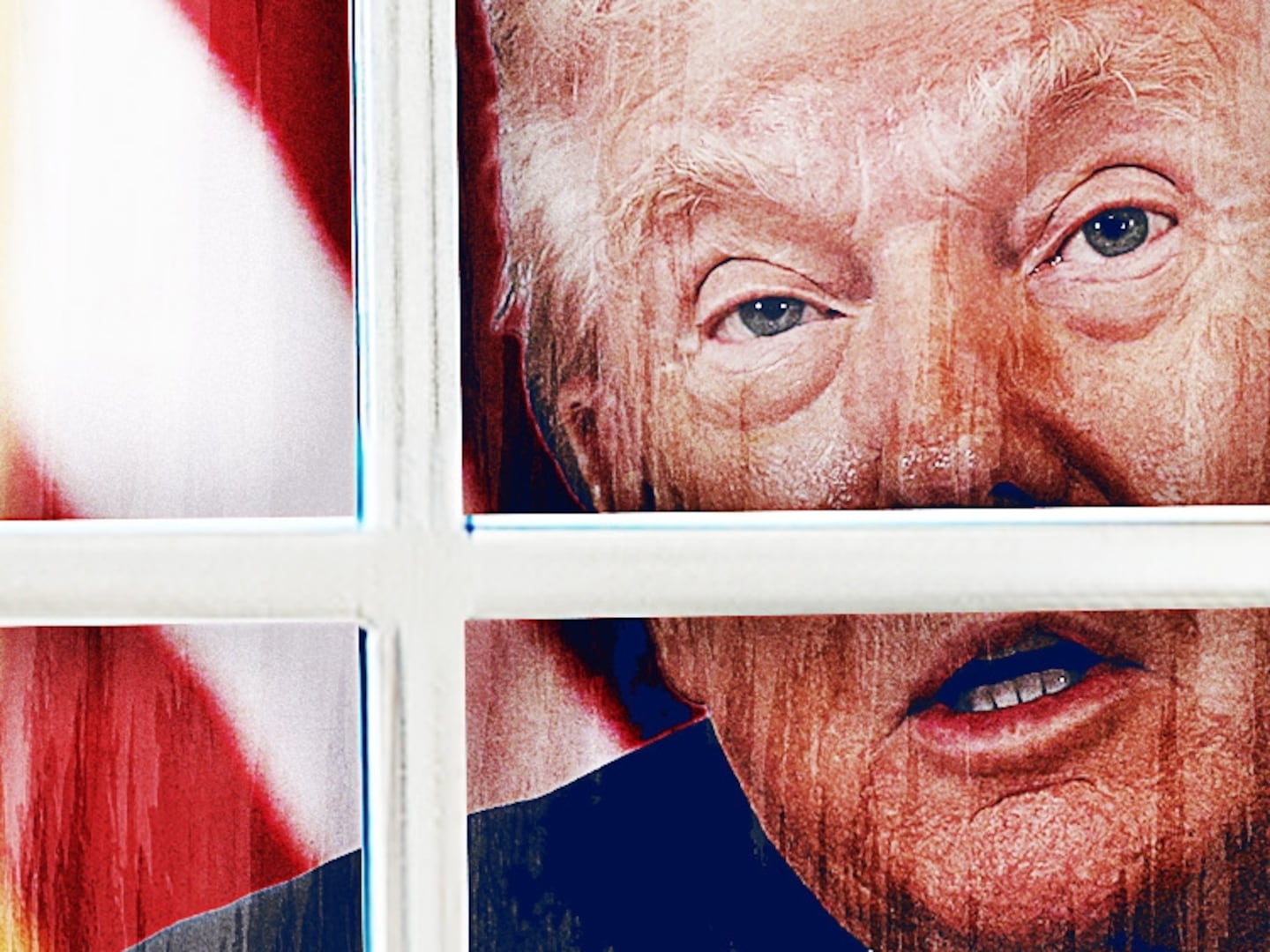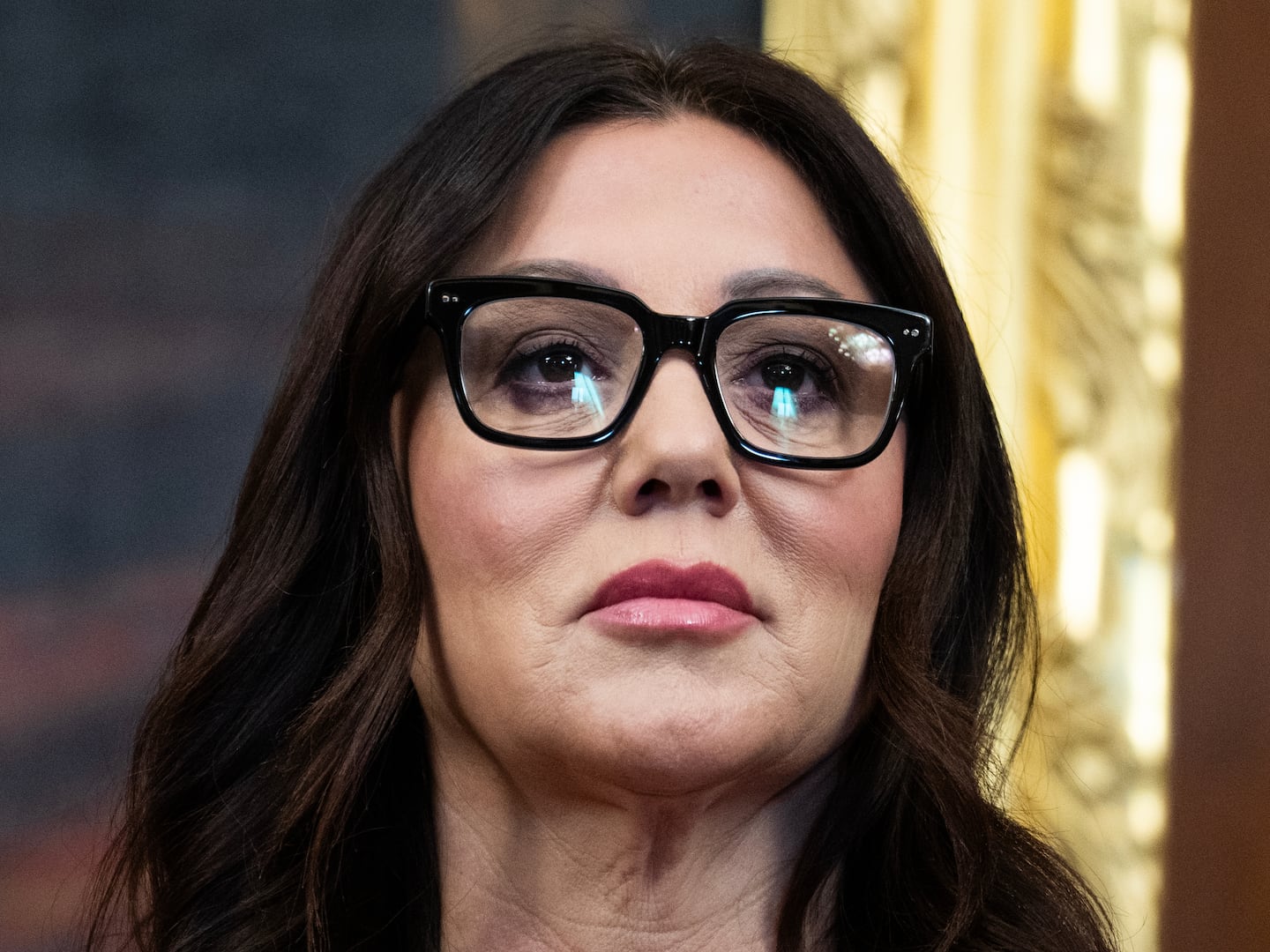Barry Eisler had an interesting career, and that was before his announcement on March 21st, that he was turning down a previously-agreed to contract from St. Martin’s Press, for $500,000 for two books, to self-publish his next thriller, The Detachment. Eisler, who was formerly a member of the CIA’s covert operations team, started his career writing five novels for Putnam featuring Japanese-American assassin John Rain, landing on the New York Times bestsellers list. He then switched agents, from Nat Sobel to Dan Conaway, and decamped to Ballantine in 2007, selling two stand-alone thrillers, Fault Line and Inside Out, for a reported seven figures.

It was then announced in January 2011 that Eisler had left Ballantine and agreed to publish his next Rain novel, The Detachment, with St. Martin’s Press, in a deal brokered by Conaway. The deal was slated for two books, and described by Publishers Marketplace as ‘Major’, industry parlance for being worth at least half a million dollars. However, in a lengthy joint interview with ebook entrepreneur J.A. Konrath, Eisler announced that he had decided to turn back on his “handshake deal” with St. Martin’s to publish on his own. Though many authors have forgone traditional publishing to venture out on their own, many consider Eisler’s departure from the standard model as a harbinger of more successful authors going out on their own by choice rather than necessity. Though Eisler covered much of his reasoning in the discussion with Konrath, I felt there were more questions regarding his decision and future that would illuminate the justification for turning down such a lucrative offer for such a high risk venture. Eisler was generous enough to provide answers to those questions.
You've been pretty outspoken about some of the mistakes your publishers, and publishers in general, have made when it came to marketing your books. How much was creative control over both your books, and how they enter the marketplace, a factor in your decision to self-publish?
It was a very big factor for me, and maybe one that hasn't been adequately understood in some of the public discussion of my decision. As I've said, financially I think it makes sense to take the long term into account, and I'm confident I can do better financially over the long term on my own. And if I don't need the advance today, why take it if I believe it'll cost me money tomorrow?
If The Detachment does as well as I expect it to, and my subsequent books and shorts follow suit, it's hard for me to imagine what could bring me back to legacy publishing.
But it's not just the destination that matters to me; it's also important that I enjoy the trip. And ceding creative control over packaging, not to mention control over key decisions like pricing and timing, has never been comfortable for me. It might be okay if I thought my publishers were making all the right decisions, but when your publisher is doing something you think is stupid and that's costing you money—something like, say, saddling your book with a closeup of an olive green garage door, or writing a bio that treats your date and place of birth as a key selling point, or misunderstanding the concepts of automatic resonance and acquired resonance, or otherwise blowing the book's packaging—it can be pretty maddening (at least it can be for me).
Your books have been published in numerous countries and languages (according to Eisler’s website, upwards of 20 languages). How will your foreign rights be affected by this decision?
The short answer is, I'm not sure. Logically, the format in which a book is primarily sold in one market shouldn't have any impact on its prospects in a separate market. But logic isn't usually the only thing at work in these matters, and I could see where foreign buyers might be leery of a self-published, primarily digital US work. On the other hand, I have a reasonably good brand name and a reasonably good sales record in foreign territories, factors I would expect to have some positive effect. It's also possible that my announcement will actually create interest for The Detachment in foreign markets—there's been a lot of Twitter coverage in German in the last day, for example.
How much planning went into this decision? And was your family supportive?
A lot, and yes. Being so accustomed to, and dependent on, the legacy model, it took a fair amount of work for what I knew intellectually to start to penetrate at a gut level. The timelines, for example. I'm used to thinking in terms of publishing contracts, so let's take a hypothetical two-book, $100,000 offer... or, okay, let's make it real: a two-book, $500,000 offer. My tendency has been to focus too much on that big, seductive number. But to understand what the number really represents, you have to break it down. Start by taking out your agent's commission: your $500,000 is now $425,000. Then divide that $425,000 over the anticipated life of the contract, which is three years (execution, first hardback publication, second hardback publication, second paperback publication). That's about $142,000 a year. This is a more realistic way of looking at that $500,000.
But there's more. Some people have mistakenly argued that, for my move to make financial sense, I'll have to earn $142,000 a year for three years. But this is one time when you don't want to be comparing apples to apples. Because the question isn't whether I can make $425,000 in three years in self-publishing; the question is what happens regardless of when I hit that number. What happens whenever I hit that point is that I'll have "beaten" the contract, and then I'll go on beating it for the rest of my life. If I don't earn out the legacy contract, the only money I'll ever see from it is $142,000 per year for three years. Even if I do earn out, I'll only see 14.9% of each digital sale thereafter. But once I beat the contract in digital, even if it takes longer than three years, I go on earning 70% of each digital sale forever thereafter. And, as my friend Joe Konrath likes to point out, forever is a long time.
Ballantine managed to sell about 10,000 combined digital copies of my last two books at a $9.99 price point (a price point that was earning me $1.49 per unit sold, BTW) in the latest three-month period for which I have data. Call that 5000 of each book for three months, so 1,667 of each book per month. If I cut the Ballantine price in half and still can only move 1,667 units a month, at a $3.50 per unit royalty ($4.99 x 70% = $3.50), that's about $5,833 per month. But unlike paper books and digital sold at paper prices, low-priced digital books sell steadily, so it seemed to me that I could make about $70,000 per year, per book on my own. Assuming nothing changes and digital doesn't keep growing (and that would be crazy–Charles Cummings' critically acclaimed spy thriller The Trinity Six just sold three times as many digital copies as hardback in its first week), I should be able to make $140,000 a year for the two books I could have sold in a $425,000 legacy deal, instead. $70,000 for the first year, then $140,000 for each year thereafter, when I'll be selling two books instead of just one. So if I'm right about all this, and I'm pretty sure I am, I should be able to beat the contract about halfway through the fourth year. And again, all of that ignores the continued growth of digital, the way low-priced digital books reinforce sales of other such books, etc.
To develop some data to go with the theory, in February I self-published a short story, The Lost Coast, featuring one of my series characters, a very nasty piece of work named Larison. I priced it at $2.99, which is a premium price for a short story, just to see how my writing would do in the new environment and even with the handicap of a relatively high price. It's been selling steadily and is currently at #1,088 on the Kindle list (and #13 and #17 on Amazon's short stories bestseller lists, which is good because the top twenty come up in the first page view). It definitely got a boost from the online discussion that followed my announcement, but even before all that it was on track to earn me about $30,000 in a year through Amazon, B&N, and Smashwords—not bad at all for a short story.
There was a lot more, too. Estimates of how much I could reasonably expect my paper sales to grow (they were growing through the first six books, then declined dramatically for the two I did with Ballantine, though still putting me on the extended NYT list). Estimates of how much more digital I could sell on my own (at a much higher per unit royalty, of course), and what not having a legacy partner would cost me in paper sales. All of which might sound like a lot to some writers, but from my first book back in 2002, I've always believed the writer has to be an entrepreneur and CEO, too, with all that entails. A few days of careful thought and examination can make or save you a hell of a lot of money, so I think it would be foolish not to invest that time.
As for my family: my wife and daughter have been amazing, just completely smart, sane, and supportive. I've already told the story about how we were sitting around the dinner table about a year ago talking about my next move in publishing when my then 11-year old daughter said, "Daddy, why don't you just self-publish?" The truth is, what prompted her was that I was complaining about my publisher, not just discussing my next move, which made her comment even more relevant for me: my publisher had turned out to be a disappointment; why couldn't I do better on my own? That was a revelatory moment for me because I realized that more and more writers were going to be asking the "why not self-publish?" question of themselves, and more and more would be answering it yes.
Had you received a higher offer from St. Martin's Press—or another publisher—would you have stuck with a traditional publisher? If so, what figure would it have taken for you to do so?
What's that Winston Churchill line? "We've already established what you are, madam; now we are merely negotiating a price." So sure, there's always going to be a number—after all, legacy or indie, publishing is a business for me, not an ideology. I don't know what figure would have done the trick; I never gave it much thought because it wasn't really relevant. But it would have had to be a good deal more than I expect I'll be able to make myself over the course of say, ten years (present value of money vs. long-term value). It also would have had to be enough to act as an insurance policy against legacy publisher ineptitude; to be worth giving up the joy and excitement of finally being in charge of all the aspects of publishing I've always wanted to be in charge of; and to offset the discomfort of being part of a system that I think is fundamentally flawed and that in many ways has become punitive both to writers and readers.
With your next book scheduled to come out this summer, do you have a marketing and publicity plan already in place? Do you plan to hire a publicist, buy any advertising, or spend any of your own money in other ways besides the actual publication?
I have a pretty strong online presence through Facebook, Twitter, and my blog, Heart of the Matter, plus a big mailing list, and I'll certainly leverage all that. And I'll be talking to several indie booksellers who've been good to me over the years about how we can get a paper version of The Detachment into their stores and maybe arrange for signings. But overall, one of the things that excites me most about self-publishing is that the highest-value use of my time in promoting the books will be found in writing more of them.
Have you decided how much you plan to charge for The Detachment?
I'm thinking $4.99 will be about right. On the high end of the low-priced digital spectrum, but still only half of what Ballantine was charging for my previous books (and they've now raised the price of Inside Out to $12.99, which is insane unless you're deliberately trying to crush digital revenues—or sacrifice them in an attempt to retard the erosion of paper). I want to position my books as premium-priced versions on the reasonably-priced scale, if that makes sense, to find a sweet spot between the high-end of what my brand can support and the low end that results in impulse purchases and maximum sales volume.
But you know what? If I'm wrong, and $4.99 turns out not to be the optimum price, I'll change it. As Joe Konrath has demonstrated with his stunning success for his digital novel The List, sales and dynamic pricing are one of the key strengths of digital, a strength legacy publishers largely refuse to leverage.
Do you consider The Detachment a test subject, or do you plan to release all your books yourself for the foreseeable future?
It's a little early to say. If The Detachment does as well as I expect it to, and my subsequent books and shorts follow suit, it's hard for me to imagine what could bring me back to legacy publishing. Plus I don't know how warm a welcome I'd receive if I decided to say, "Hey, I'm back!" I'm pretty much of a Vulcan when it comes to business and I'm generally pragmatic about what system best serves my business objectives, but not everyone looks at things quite so dispassionately, and I imagine my move has irritated some people in the industry.
News recently broke that Amanda Hocking, who has sold approximately 1,000,000 self-published ebooks, is in the middle of a seven-figure bidding war. What do you think of the fact that you, a bestseller in print, has decided to self-publish, while Hocking, a self-published bestseller, has apparently decided to go print?
I think it's great. First, because our simultaneous (and coincidental, as far as I know) news has generated a lot more buzz than either of us could have accomplished alone. Second, and more importantly, because the simultaneous news is a great opportunity and impetus for people to think clearly about publishing.
A lot of the Twitter conversation I've seen regarding the news has been of the "Which one is right?" variety. And at the risk of sounding a little harsh, I have to say, it's a pretty stupid question. Publishing, legacy or indie, is a vehicle, and you can't opine about whether someone has chosen the right vehicle if you don't know where she intends to drive it. I don't know Amanda, so I don't know what her objectives are, I don't know her motivations, I don't know what she was selling or for how much in digital, I don't know what she's being offered by legacy publishers. She might be calculating that getting a few titles out now through a legacy publisher will enable her to reach tens of thousands of paper readers who previously hadn't heard of her. She might be calculating that while this could cost her money in the long run on the rights she sells to a legacy publisher, she'll make up for it as those new paper readers in turn switch to digital.
And there are a ton of other potential variables, too. I can understand the allure of a venerable Big Six imprint, of a shot at the New York Times list, of a publisher-sponsored book tour, of seeing your hardbacks in bookstores and your paperbacks in supermarkets. I'm not talking specifically about Amanda here; again, I don't know her. But it's perfectly reasonable for someone to be attracted enough to these intangible things to be willing to give up money to achieve them. As I said above, my own decision wasn't strictly financial, and although I expect I'll make more money on my own, I'm also drawn to a business model where I get to make all the decisions.
Jason Pinter is the bestselling author of five novels in his Henry Parker thriller series, which have been nominated for numerous awards with nearly 1.5 million copies in print worldwide. His first book for young readers, the comic adventure novel ZEKE BARTHOLOMEW: SUPERSPY, will be published in November 2011. His website is www.jasonpinter.com, and you can follow him on Twitter at http://www.twitter.com/jasonpinter.






